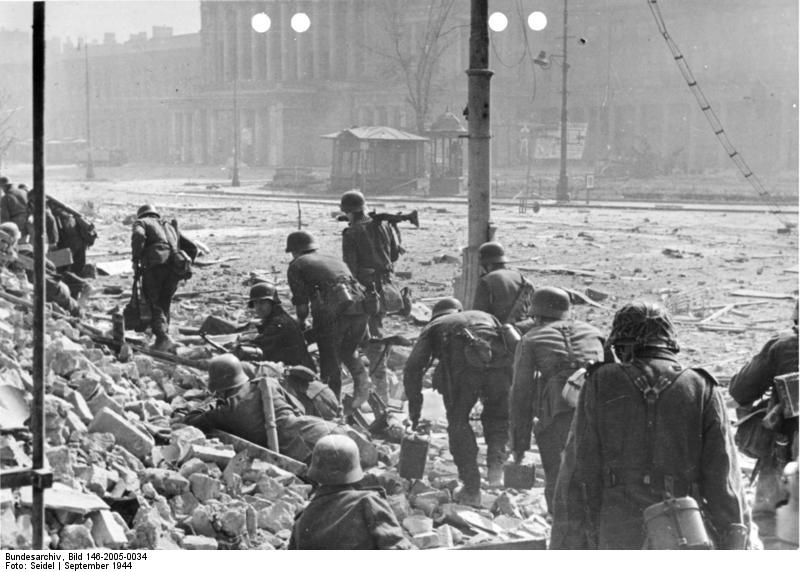Germany could owe nearly $850 billion for the damage it inflicted on Poland during WWII, a senior Polish official has said.
Germany and the Soviet Union killed 6,000,000 citizens, including 3.2 million Jews, during the almost six-year occupation of Poland during WWII and caused $43 billion of damage to the capital alone, according to an estimate in 2004 by city hall.
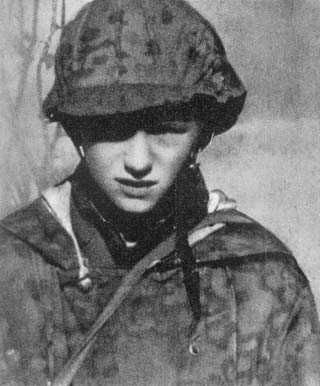
Warsaw itself was virtually razed to the ground by the Nazis in 1944, as a response to a failed uprising which caused the deaths of 200,000 civilians. In capital and infrastructure damages, a government analysis document published in 1947, indicated that a full 65 percent of Poland’s factories, two-thirds of its bridges, 84 percent of rail infrastructure and 30 percent of homes were destroyed.
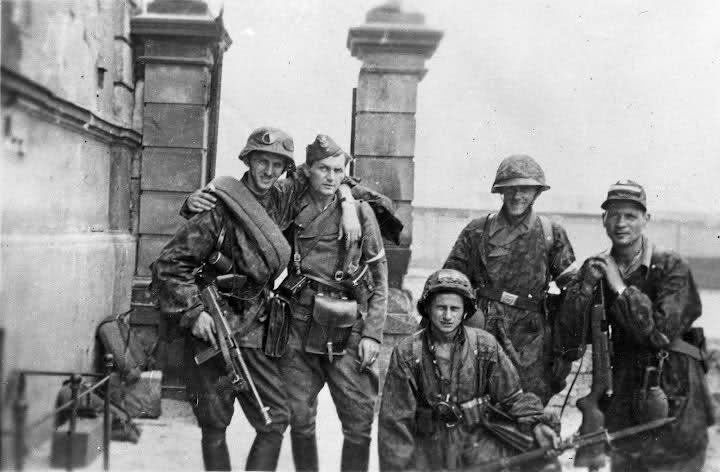
Furthermore, 84 percent of central Warsaw was reduced to ruins, and more than 40 percent of the country’s cultural history, including paintings, sculptures, and books, were reported destroyed or stolen.
The analysis put Poland’s losses at nearly $50 billion (€42 billion) in 1939 currency.
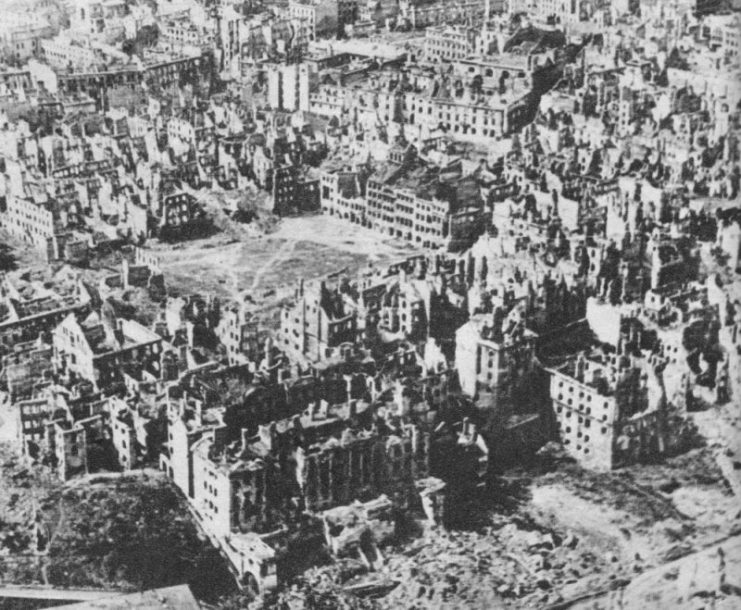
The first wave of reparations, paid in 1953 by the West German government, included Greece, Israel, and Yugoslavia, but Poland renounced its claim under pressure from the Soviet Union. The Polish ruling Law and Justice party (PiS) now argues that Poland deserves compensation through war reparations, and the panel, led by Arkadiusz Mulaczyk, will estimate precisely how much money is due.
“The French were paid, Jews were paid, and many other nations were paid for the losses they suffered during WWII. Poles were not.”
Jaroslaw Kaczynski, the leader of the PiS, said:
“It is not only about material funds. It is about our status, our honor … And this is not theater. This is our demand, a totally serious demand.”
There are substantial worries that this demand will negatively affect already strained relations between Poland and Germany, particularly on trade. Germany is Poland’s largest trade partner, while Poland is the biggest recipient of EU aid.
In Poland, the Centre for Public Opinion Research (CBOS) has found that half the adult population is in favor of Germany paying for the destruction. A 54 percent majority designated that it was a moral necessity for Germany to pay, as a reminder of its responsibility for the war. The poll indicated that 31 percent of the country gave a “definite yes” regarding the reparations bid, while only 13 percent answered “decidedly no” and ten percent were undecided.
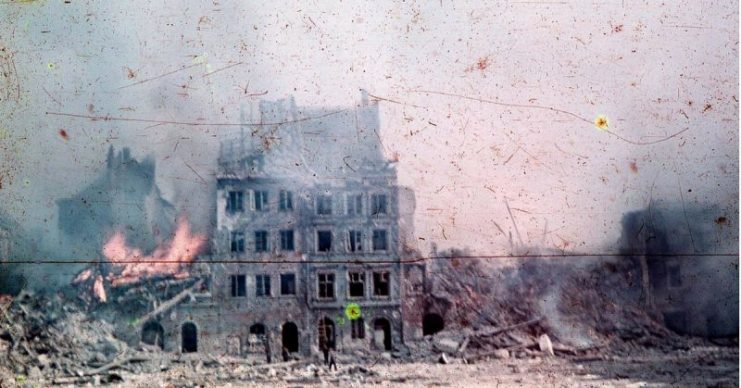
Also, 56 percent stated that it was too late to seek out any financial claims, while 38 percent thought that the timing was right. Forty-eight percent of the people of Poland believed that Germany’s European Union obligations to Poland were enough, especially by making Poland the top beneficiary of EU funding.
“Generally speaking, Poles consider the reasons behind the reparations to be just, while simultaneously sharing doubts and reservations to a lesser or greater degree about the legitimacy of applying for compensation,” CBOS said.
International opponents of the reparations claim the PiS is using the specter of the Nazi occupation to drum up nationalist fervor. Specifically, Israel has criticized Poland for attempting to whitewash the complicity of Poles in German war crimes against Jews. This accusation comes hot on the heels of a recently enacted law, criminalizing any allegation against the Polish nation for crimes that were committed by Nazi Germany.
The law, and by extent this act, is seen by some as part of a broader effort to manipulate history and to distance the Polish people from their crimes during the war.
